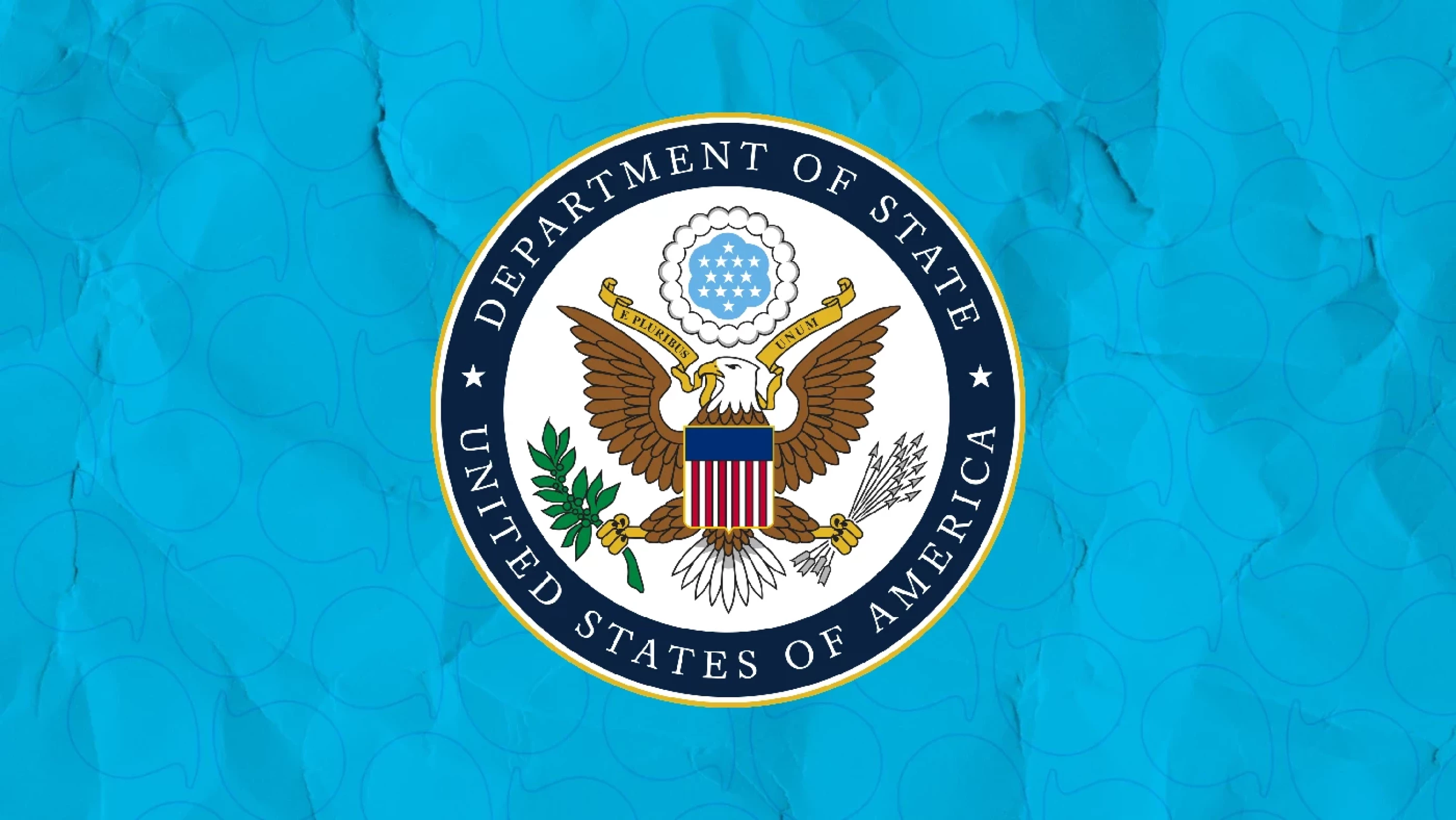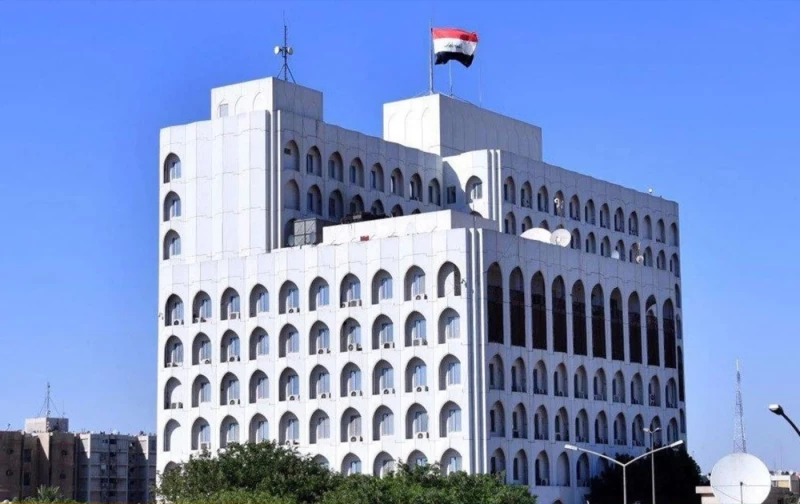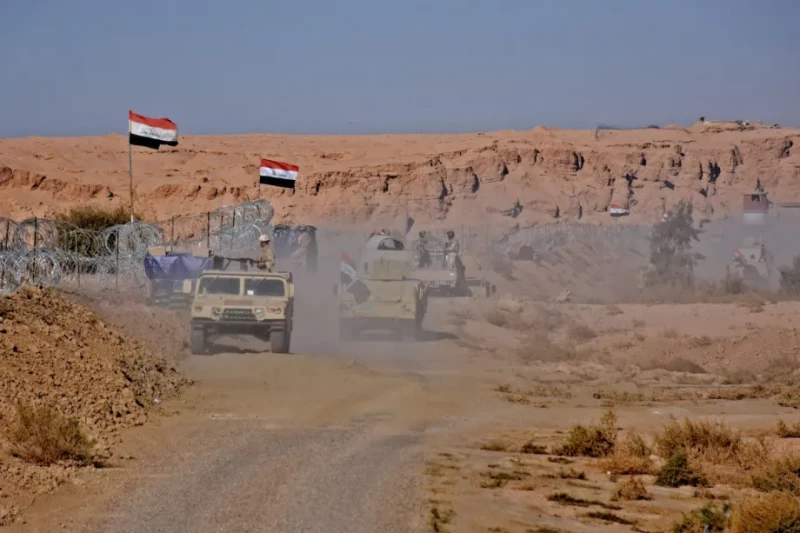ERBIL, Kurdistan Region of Iraq – The US State Department on Thursday called on Iraq to swiftly dismantle and disarm Iran-backed Iraqi armed groups “that undermine Iraq’s sovereignty,” saying they plunder Baghdad’s resources and directly counteract the country’s interests.
Washington has repeatedly called for pro-Iran armed groups in Iraq to be dismantled, warning that they directly threaten Washington, Baghdad, and Erbil’s interests.
It has ramped up efforts to curb Iranian influence and limit the expanding role of Iran-backed Shiite armed groups in the country, who enjoy a similar level of governance and authority as the state forces.
“The United States has and will continue to speak plainly to the urgency of disarming and dismantling Iran-backed militias that undermine Iraq’s sovereignty, threaten Americans and Iraqis, and pilfer Iraqi resources for Iran,” the State Department told The New Region.
It stressed that Iran-backed groups use “terror to attack Americans and Iraqis in the service of Tehran’s interests.”
“These groups exploit Iraq’s economy to finance Iran’s terrorist activities in Iraq, the region, and around the world,” the State Department stressed. “Iraqi leaders well know what is and is not compatible with a strong US-Iraq partnership.”
But Washington’s concerns are often dismissed by Iraqi authorities who claim that Baghdad’s cooperation with Tehran is based on Iraq’s national interests and is an extension of the country’s decisions as an independent sovereign state.
The US has also strongly opposed a bill in the Iraqi parliament that seeks to organize the pro-Iran Popular Mobilization Forces (PMF) similarly to other Iraqi state security and military agencies, saying the draft law undermines Iraqi sovereignty and risks increasing Iranian influence in the country.
The State Department also called for the swift formation of the next Iraqi and Kurdish governments.
“We encourage leaders in both the Iraqi Kurdistan Region and federal Iraq to quickly form the regional and federal governments,” it said, stressing that the Iraqi government’s formation “is a matter for Iraqis, and only Iraqis, to decide.”
“Under President [Donald] Trump’s leadership, we will pursue a US-Iraq relationship that aligns with US interests,” the statement added.
Iraq concluded its sixth parliamentary elections on November 11, in which over 7,750 candidates competed for the Iraqi legislature’s 329 seats. No party won enough seats to secure a parliamentary majority, making inter-party negotiations essential to form the next Iraqi cabinet.
Meanwhile, the Kurdistan Region’s ruling Kurdistan Democratic Party (KDP) and the Patriotic Union of Kurdistan (PUK) have yet to form the next regional government, over a year after the elections were held, due to ongoing political wrangling and disputes over the allocation of positions.
Under the directive of President Masoud Barzani, the KDP formed a high-level committee on Wednesday to negotiate with political parties and “unify positions” following the results of the federal parliamentary election.
The KDP has routinely blamed the PUK for hindering the formation of the next government, accusing the rival party of making unreasonable demands.
On November 19, Kurdistan Region Prime Minister Masrour Barzani said KDP will negotiate the formation of the Kurdistan Region’s next government with the PUK under new terms after its victory in the Iraqi election.



 Facebook
Facebook
 LinkedIn
LinkedIn
 Telegram
Telegram
 X
X


